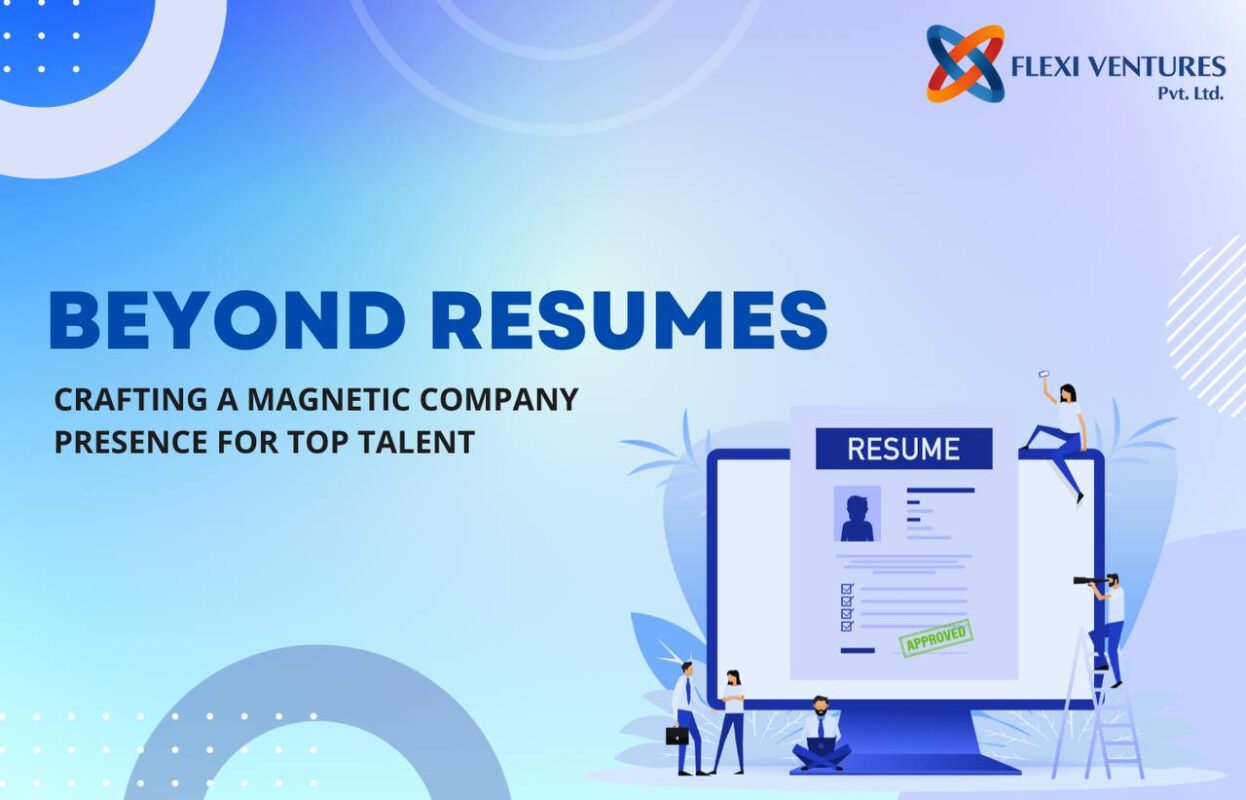“The best solutions will always come from listening to input from people that don’t look, come from, or think anything like you.” – Barack Obama
A McKinsey research from 2018 shows that greater diversity in the workforce results in greater profitability and value creation. Even at the executive level, research shows that there is a direct correlation between diverse & inclusive leadership and better profitability.
This is based on the fact that knowledge & competence is not exclusive to gender, race, age or religion. By hiring uniform workforce, businesses usually miss out on variety of culture & perspectives which are imperative to any successful business.
Successful DEI initiatives not only help create a more innovative workforce but also helps retain the talent and boosts company image. This in turn aids in attracting better & more diverse talent.
Diversity, Equity & Inclusion may not be limited to only genders & races. Unfortunately, it is so deep rooted that most of the times it goes unnoticed. While companies may do it unconsciously, it is an unfortunate fact that minorities, senior citizens, women or even people with disabilities do not get the same chances as others.
Here are some ways companies can champion the DEI initiatives:
1) Top Down Approach – DEI is usually considered as an initiative driven by Human Resources team but for it to be successful, it needs a Top Down Approach. Leaders at every level need to commit to a more diverse & inclusive workforce. Executives and leaders from all the departments need to recognise the importance and the benefits it brings to the business and make it an important part of the value statement. They can lead by example. Start with a good female or minority representation at the top management level.
Business leadership needs to be redefined to the changing environment and adjust to it in a more human and empathetic manner. For eg: pandemic has forced people to work from home. This has affected women workforce more adversely than the men. Top management need to work out support structures such that they help bring parity in the working environment for everyone.
“I have to be the champion of diversity and inclusion. It is my job to be a role model and show how important this is to our company.” Frédéric Rozé. CEO – L’Oréal USA
2) Recognise and acknowledge – As stated earlier, most of the times the exclusion is unconscious and not deliberate. For eg: job specification mentions dominant or aggressive are considered more masculine and tend to deter females from applying for the job. Hence it is always a good starting point to recognise that there is a problem and sensitize the teams about how they unintentionally contribute to the issue.
3) Talk about it – Bias doesn’t end by just recruiting a diverse workforce. It is also important to ensure that they are treated at par once hired. Hence, sensitising everyone about it is extremely crucial to the success of the initiative. Open communication & discussion on the topic of diversity and inclusion is imperative. The more aware people are made of the various biases & prejudices that exist at workplace, the more openly people talk about it. Moreover, this helps bring their unfounded fears to rest. Companies should encourage employees to speak out against biases in an open manner. Each and every employee needs to be involved to bring about a cultural shift.
4) Not a one-off initiative – To bring about a change where DEI is an ingrained part of the company culture, it is not enough to do it as a one-off initiative. It requires a sustained and continuous effort. Companies need to bring in seriousness by appointing a dedicated Diversity Officer who is responsible for creating a more Diverse, Equitable & Inclusive workplace. They would be responsible for creating strategies to not only attract diverse talent but also retain them and give them equal opportunity to grow. This can further be broken down at departments & team levels, where there can be diversity champions or cohorts that work towards ensuring an open and inclusive work culture.
With growing emphasis on social justice across the globe, there will be an added pressure on organisations to effectively implement DEI initiatives. Business leaders will need to align their goals and efforts towards creating a more inclusive & diverse workforce.





